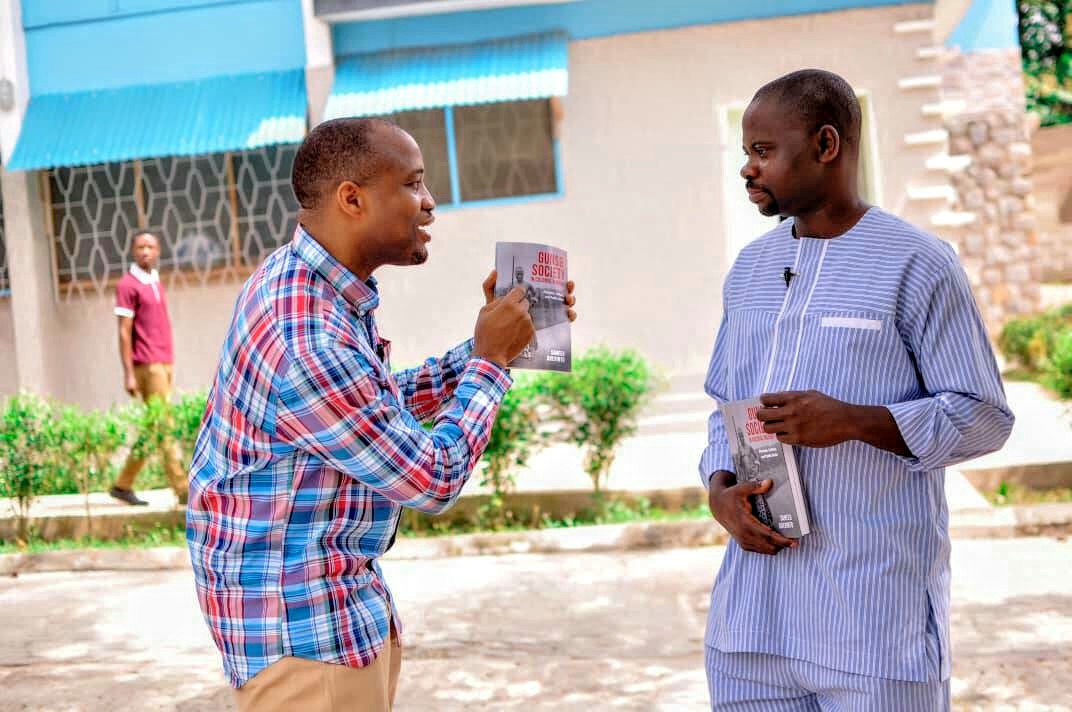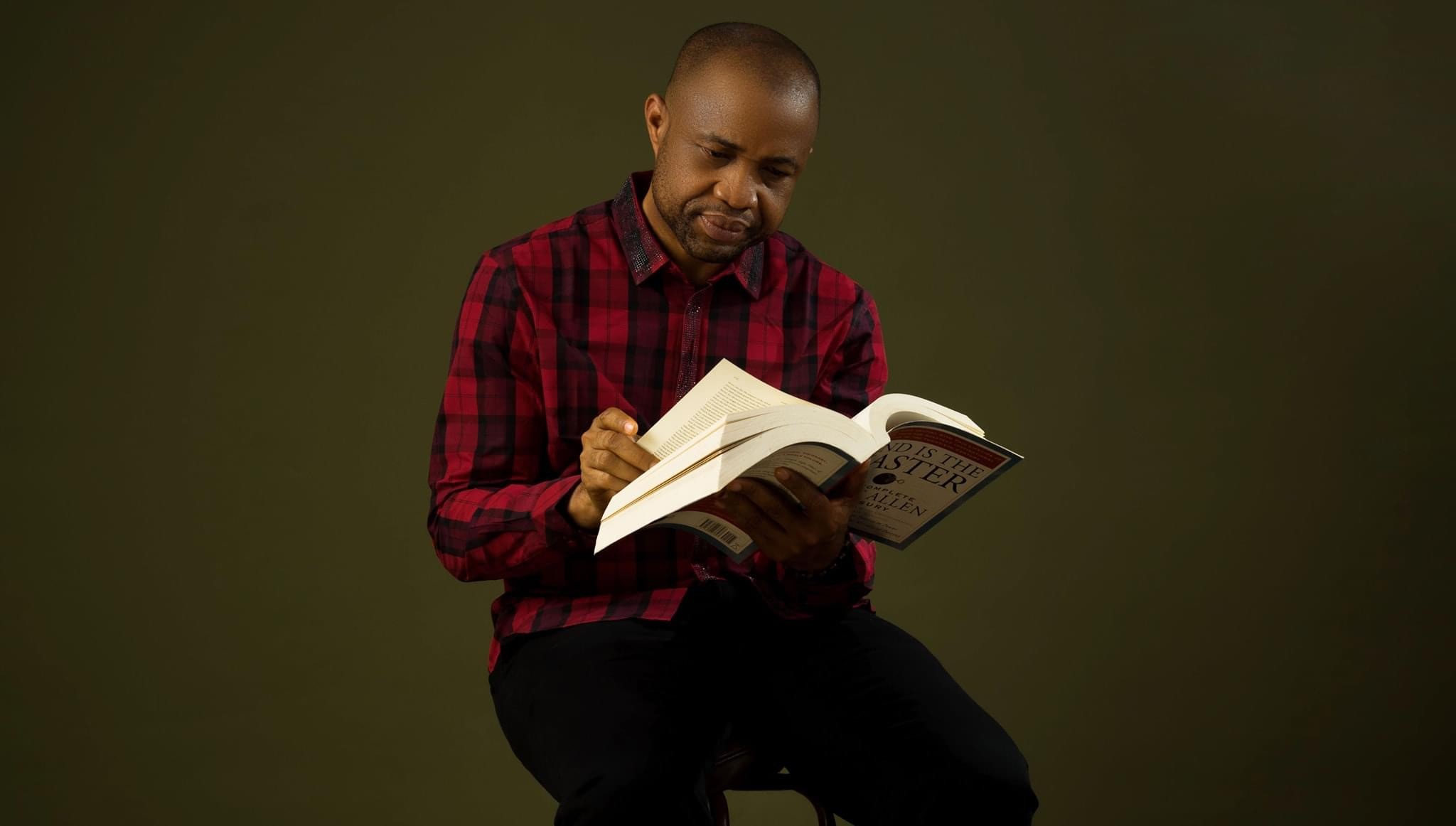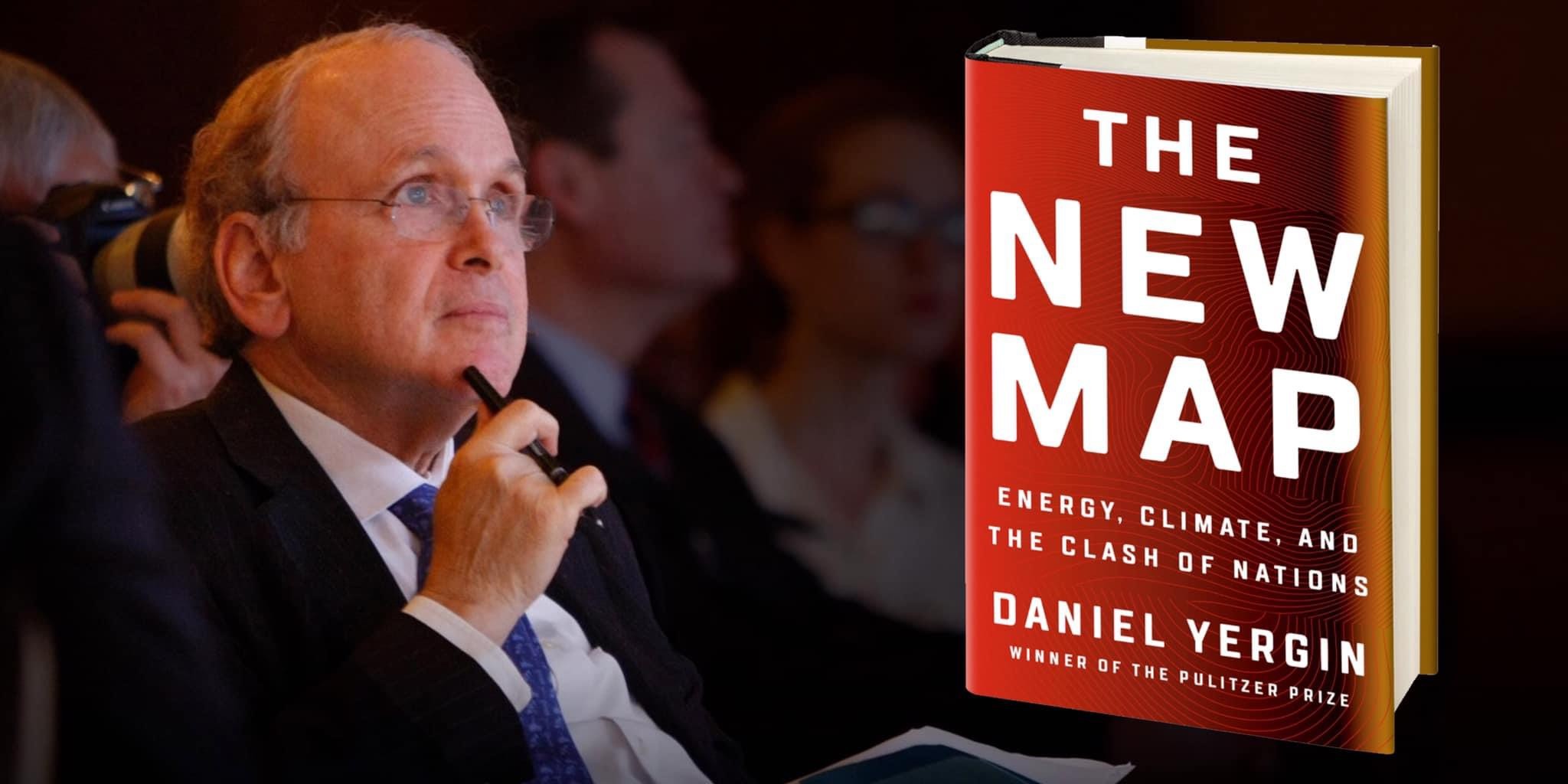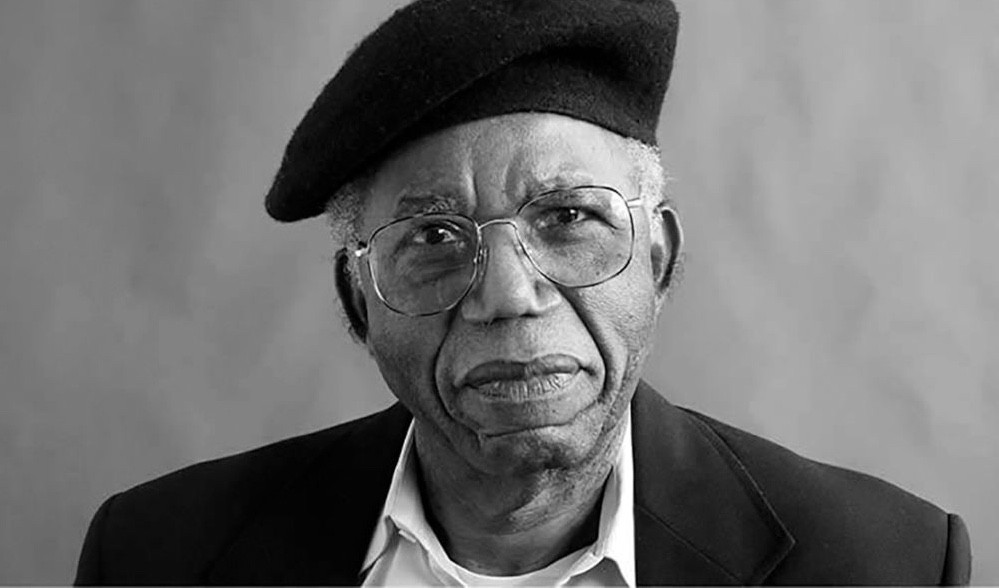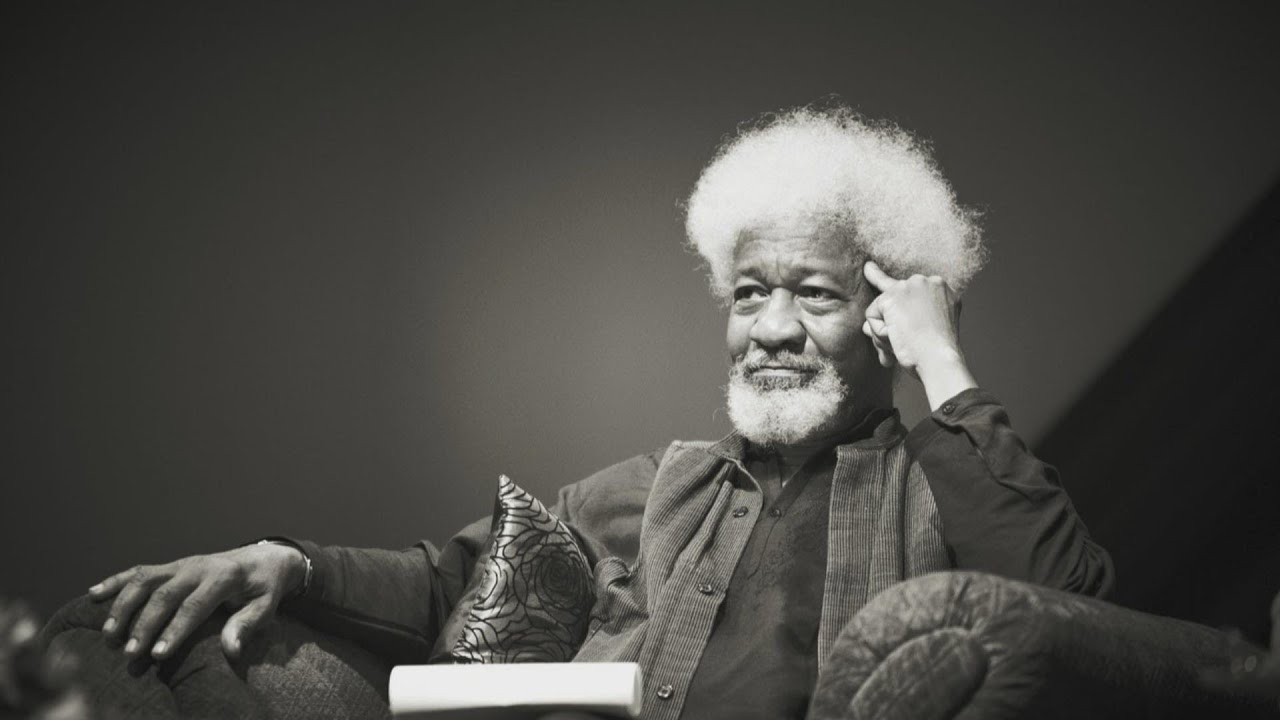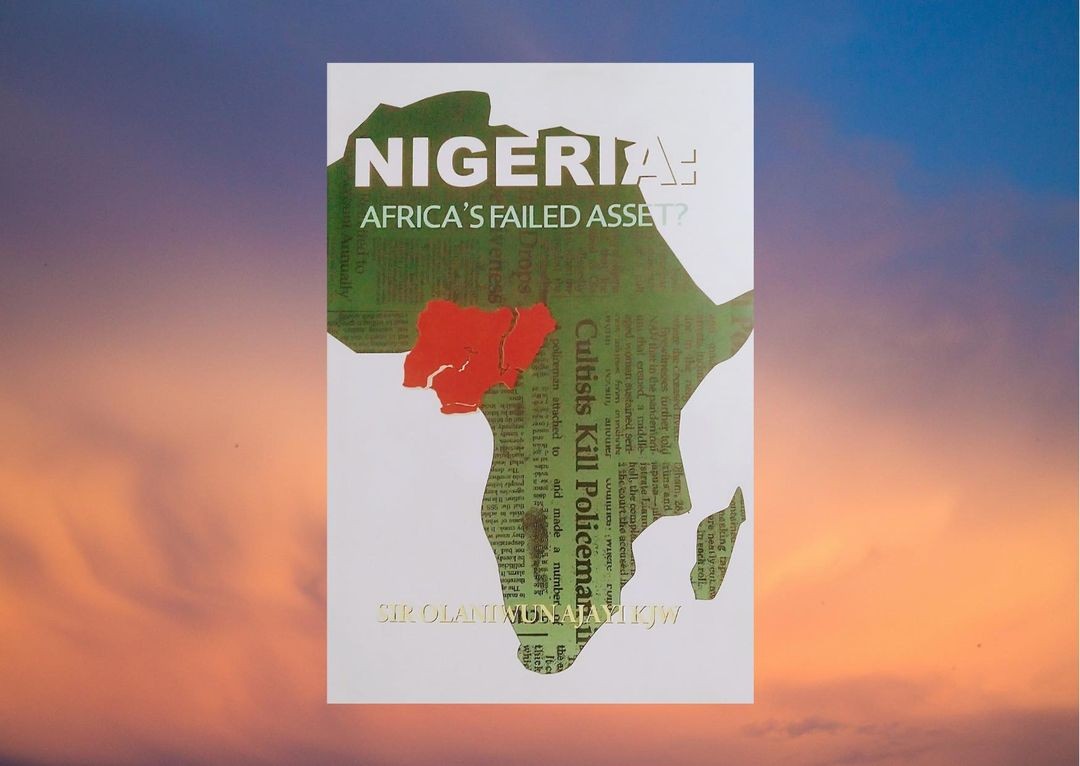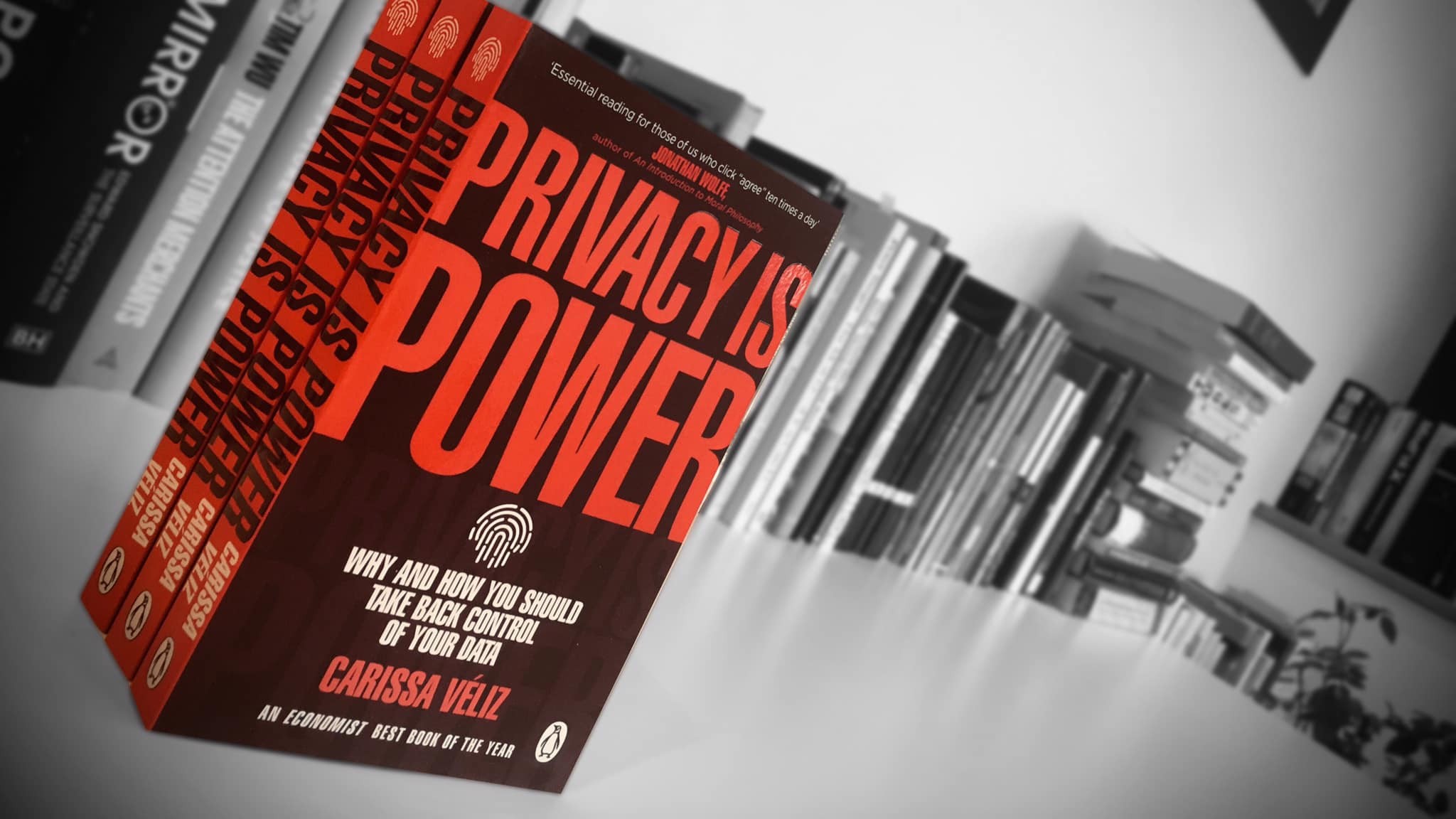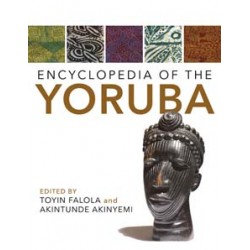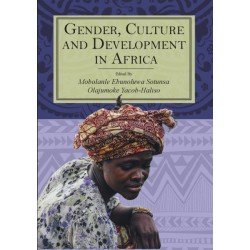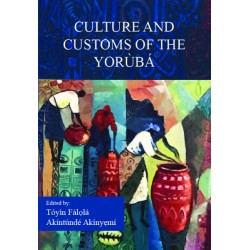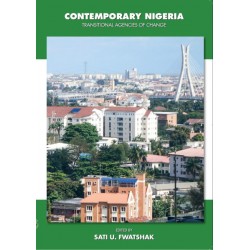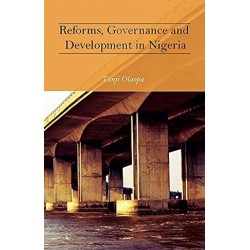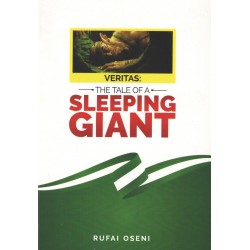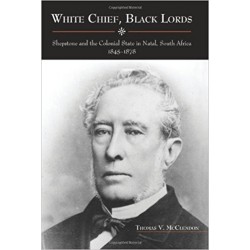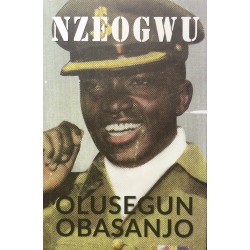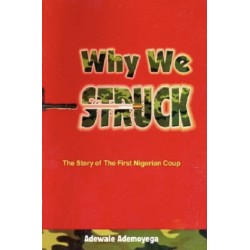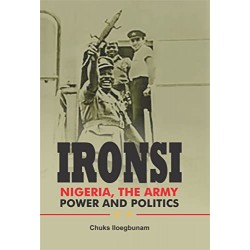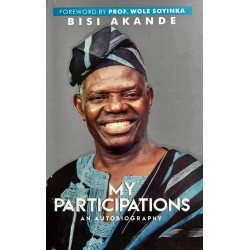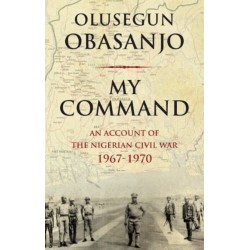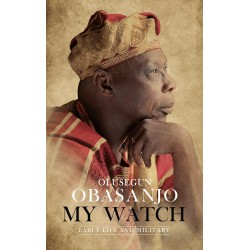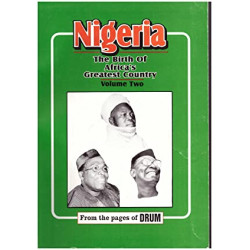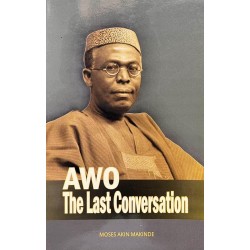No products
Prices are tax excluded
Dele Giwa: The Unanswered Questions
Dele Giwa: The Unanswered Questions is a much-waited-for account from one who has been accused of having a hand in the murder of the foremost Nigerian journalist.
₦ 9,450In StockReligion, Politics and Power in Northern...
Religion Politics Power in Northern Nigeria is an analytic narrative of a subject that is at one’s breath volatile but alluring, and at another, demanding but rewarding. it is a fantastic exposition of how the northern oligarchy acquired and has held on to power, using religion as its main weapon.
₦ 9,000In StockCasebook on Land Law
The Casebook on Land Law is a compilation of cases and commentaries arranged in chapters as stated in the law syllabus by the National Universities Commission (NUC) for Nigerian Universities. It is a compulsory course for all students of Law in order for them to know the type of proof presentable at trial.
₦ 12,500In Stock
Encyclopedia of the Yoruba
This landmark reference work emphasizes Yoruba history, geography and demography, language and linguistics, literature, philosophy, religion, and art.
₦ 17,000Out of stockReclaiming Hope: Time for Africa’s Rebirth
Africa is edging closer to fulfilling her staggering potential. 'Reclaiming Hope' outlines the imperatives for this emerging generation.
₦ 8,100In StockGender, Culture and Development in Africa
Gender, Culture and Development in Africa interrogates ways in which gender, culture, and development in the African context reinforce, shape, and reshape one another.
₦ 25,000In StockCulture and Customs of the Yoruba
This innovative anthology presents an interdisciplinary approach to Yorùbá culture and customs.
₦ 24,500In StockContemporary Nigeria: Transitional...
The essays in this volume provide a framework for understanding contemporary Nigeria’s pains and gains.
₦ 10,500In StockReforms, Governance and Development in...
This volume combines conceptual and empirical methodology to connect the administrative dots between the dynamics of democratic governance and the imperatives of development in Nigeria.
₦ 16,500In StockVeritas: The Tale of a Sleeping Giant
The book is the truth about the worrisome circumstances Nigeria finds itself.
₦ 9,000In StockWhite Chief, Black Lord
White Chief, Black Lords explores the tensions and contradictions between the British colonial civilizing mission and the practice of indirect rule. 177 pages Hard Cover
₦ 8,700In Stock
Nzeogwu
Supported with personal letters and pictures, Olusegun Obasanjo, Nzeogwu’s close friend and confidant, provides a penetrating and detailed account of the lie of the one of the most enigmatic names in Nigeria’s history.
₦ 8,000In StockWhy We Struck
Why We Struck tells the story of the first military intervention in Nigerian politics. The coup that took place on January 15, 1966, was conceived and planned together by Majors Nzeogwu, Ifeajuna and Ademoyega. The execution of the plan had a lightning effect, and the coup provoked a reaction within the first hours of its commencement, opening the...
₦ 9,000In StockIRONSI: Nigeria, the Army, Power, and...
Ironsi was Nigeria’s first military Head of State. He was killed in Ibadan in the July 1966 counter coup led my northern officers. In this edition entitled Ironsi, Chuks Iloegbunam goes beyond the individual level and the web of intrigues that cost General Aguiyi-Ironis his life.
₦ 14,500In StockThe Brigadier’s Daughter
The Brigadier’s Daughter is a deeply personal and powerful memoir by Solape Ademulegun, the daughter of Brigadier Samuel Ademulegun, a high-ranking officer killed during the January 15, 1966 coup in Nigeria.
₦ 6,500In StockMy Participations: An Autobiography
With this book, Akande has stirred the hornets' nest and revelations from My Participations would affect public debates and perceptions of Nigerian Leadership and politics for generations to come.
₦ 15,500In StockColonel Victor Banjo: A Revolutionary...
A revolutionary officer in the Nigerian army, Colonel Victor Banjo and three of his comrades were brutally murdered in September 1967 during the Nigeria-Biafra civil war.
₦ 6,450In StockMy Command
This book is essentially the Olusegun Obasanjo’s account of his command of the 3 Marine Commando Division and the story of the end of the Nigerian Civil War.
₦ 8,000In StockMy Watch Volume 1, 2 & 3
My Watch is more than the story of the Obasanjo presidency told by the man himself. It is a memoir of a lifetime spent in service to country, of a man who has been destined with the watch, with the vigilance, with the responsibility to his people to speak up and speak out.
₦ 23,500In StockNigeria:The Birth of Africa’s Greatest...
Nigeria:The Birth of Africa’s Greatest Country chronicles the social political events of colonial and immediate post-colonial Nigeria as recorded by Drum, the popular monthly magazine of those times.
₦ 25,000In StockAWO: The Last Conversation
It is said that the secrets of great men are in their stories. These words are proven profoundly true in Makinde’s generous exposé of his last conversation with the great Chief Obafemi Awolowo.
₦ 9,500In Stock

